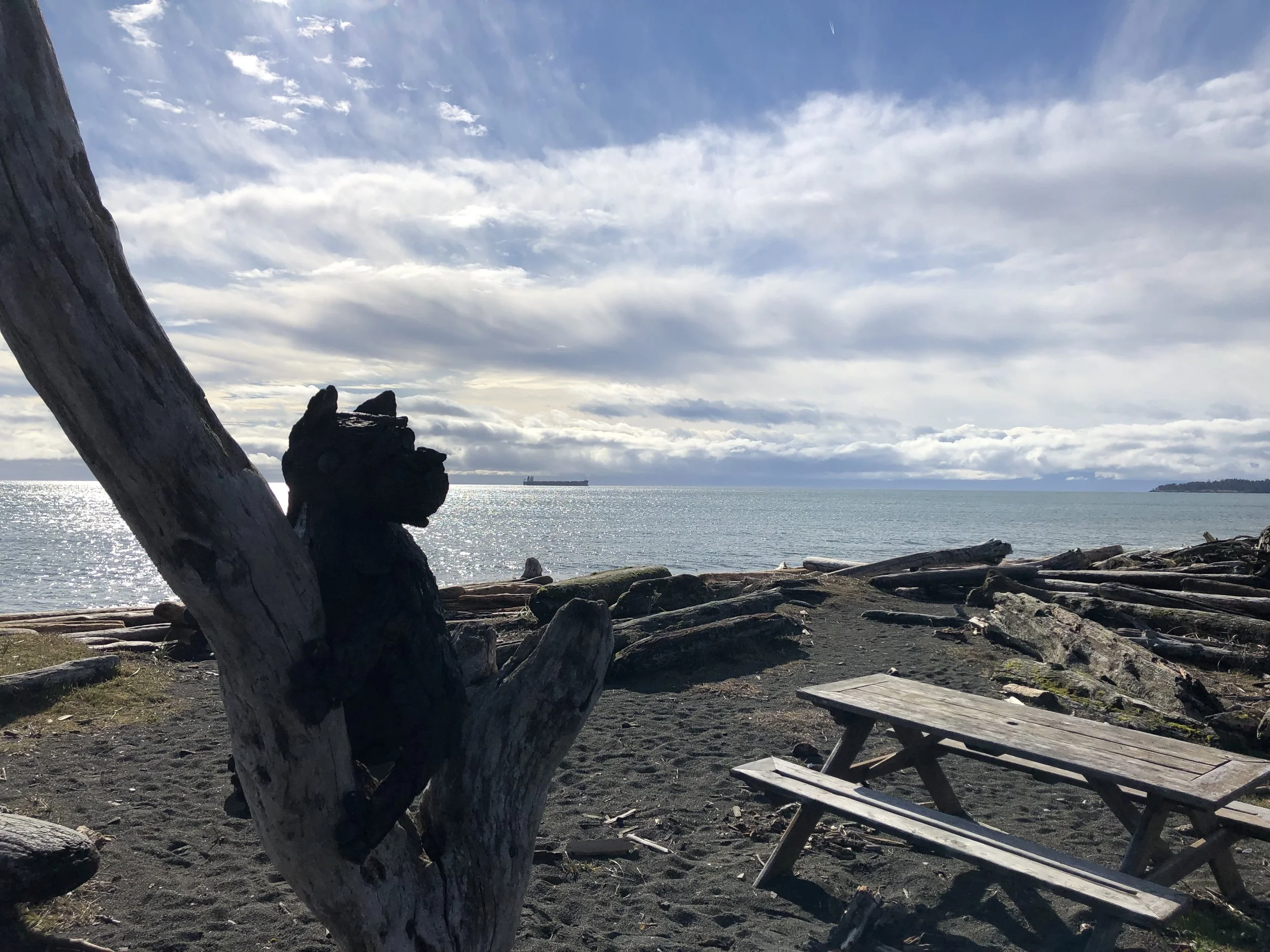Orientation to laboratory medicine
| Rotation Details | Rotation Specific Information |
|---|---|
| Rotation Type | Mandatory - During General Orientation Week |
| Rotation Duration | 8 Hours |
| Rotation Locations | In Person - Royal Jubilee Hospital Medical Laboratory |
| Click to Download Rotation Specific ROAD as PDF | Orientation-to-Laboratory-Medicine-2022.pdf |
| Click to Download Rotation Specific ROAD as MS Word Document | Orientation-to-Laboratory-Medicine-2022.docx |
| Click to Download Rotation Description as MS Word Document | Orientation-to-Laboratory-Medicine-Description-2022.docx |
rotation description
There is extensive involvement of Laboratory Medicine in the diagnosis, management and monitoring of disease states. Furthermore, laboratory measurements are frequently used in the therapeutic and safety monitoring of drug therapy. Therefore, pharmacy residents need to have some understanding of the department of laboratory medicine and its organization and function.
During your day of orientation the morning is spent with the Chief Laboratory Technologist at the Royal Jubilee Hospital. The residents will be given a tour of the lab and will be introduced to the various laboratory subsections: CORE Lab (Chemistry/Hematology), Special Hematology, Microbiology, Histology, Blood Bank, Special Chemistry (at VGH) and Accessions. The resident will review the rotation objectives before the rotation so that pertinent questions can be asked of laboratory personnel during the tour. The second half of the day will be spent with lab physicians in the areas of Forensic Pathology, Clinical Chemistry, Anatomical Pathology, Hematopathology and Medical Microbiology. The resident will be then be oriented to the medical subspecialties in the lab and the roles they play in the health care system.
After participating in this laboratory orientation day residents will be able to:
1) Describe the role the medical laboratory plays in the modern healthcare system.
2) Explain how a laboratory functions and what takes place behind the scenes in the production of laboratory results.
3) Describe the journey a patient specimen takes from the bedside through the lab to the Powerchart result and the professionals involved in the process.
4) Explain the role and function of Lab Physicians and their subspecialties.
This rotation takes place during the general orientation week.
During your day of orientation the morning is spent with the Chief Laboratory Technologist at the Royal Jubilee Hospital. The residents will be given a tour of the lab and will be introduced to the various laboratory subsections: CORE Lab (Chemistry/Hematology), Special Hematology, Microbiology, Histology, Blood Bank, Special Chemistry (at VGH) and Accessions. The resident will review the rotation objectives before the rotation so that pertinent questions can be asked of laboratory personnel during the tour. The second half of the day will be spent with lab physicians in the areas of Forensic Pathology, Clinical Chemistry, Anatomical Pathology, Hematopathology and Medical Microbiology. The resident will be then be oriented to the medical subspecialties in the lab and the roles they play in the health care system.
After participating in this laboratory orientation day residents will be able to:
1) Describe the role the medical laboratory plays in the modern healthcare system.
2) Explain how a laboratory functions and what takes place behind the scenes in the production of laboratory results.
3) Describe the journey a patient specimen takes from the bedside through the lab to the Powerchart result and the professionals involved in the process.
4) Explain the role and function of Lab Physicians and their subspecialties.
This rotation takes place during the general orientation week.















